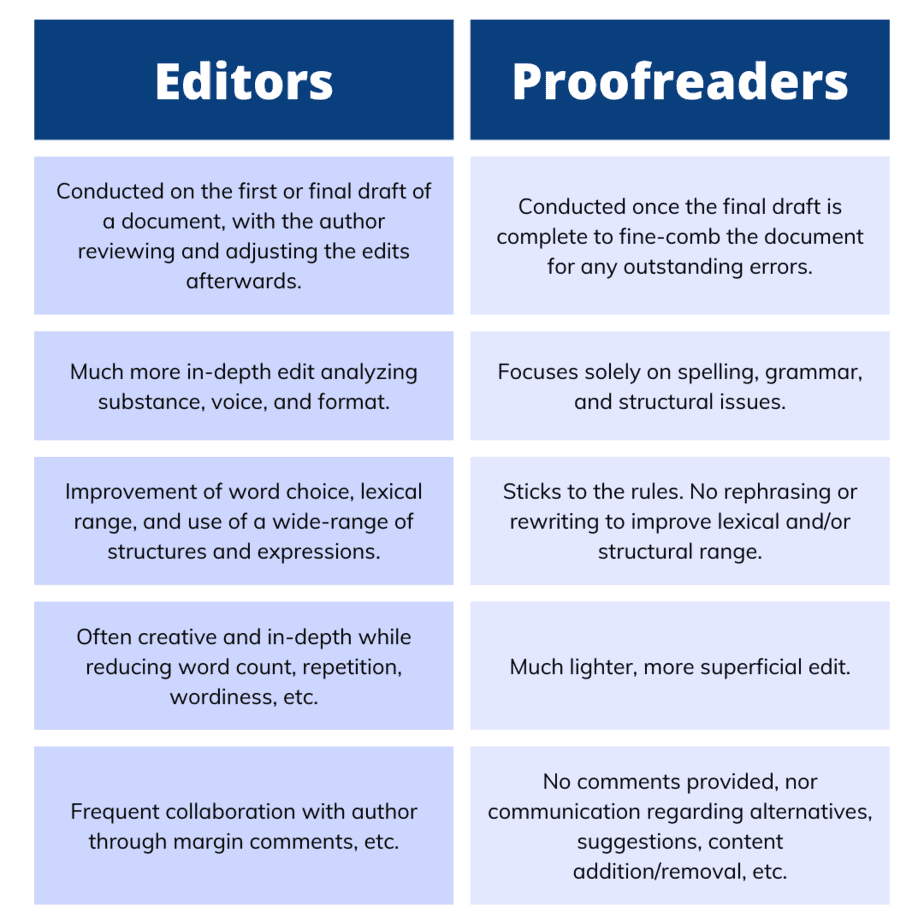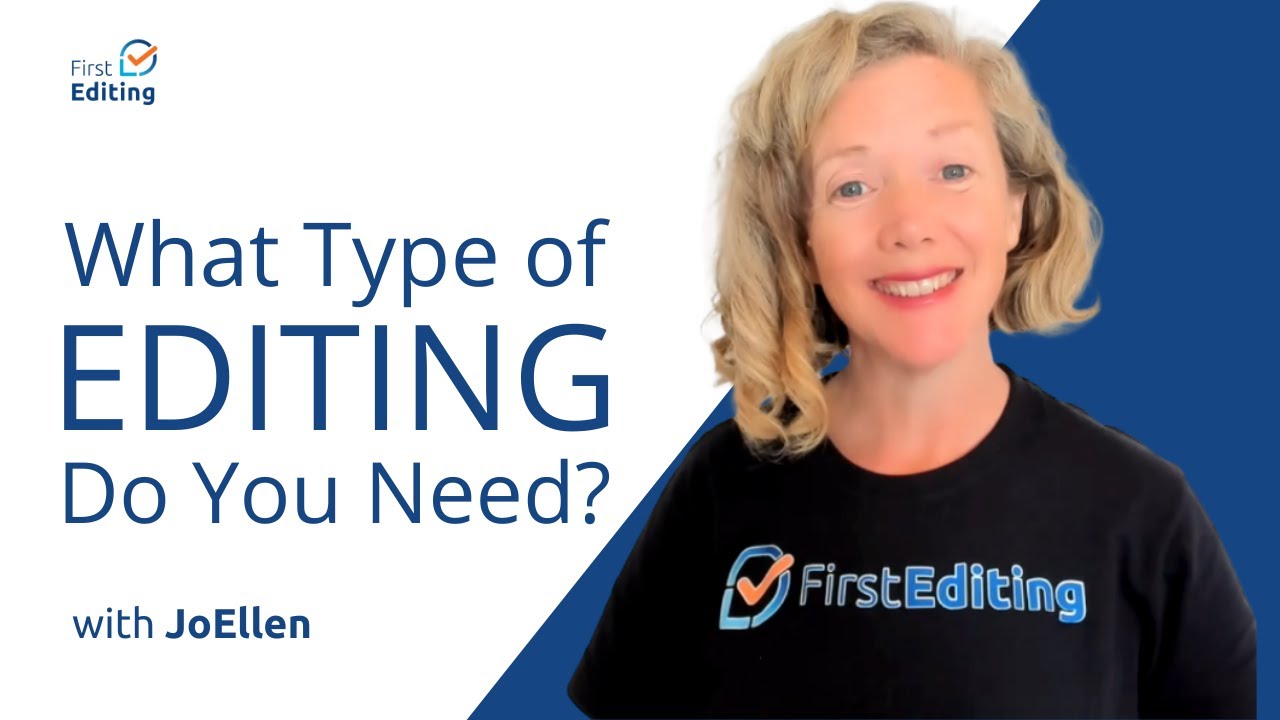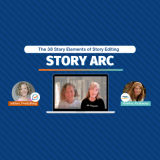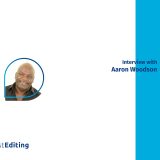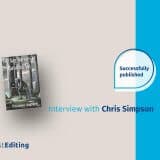

When preparing to submit a dissertation, thesis, or research paper, many authors and researchers use academic editing services to improve the quality and accuracy of their writing to guarantee publication in peer-reviewed journals or success in academia.
Since many institutions and publishers have strict guidelines with regards to the precise structure, format, and writing style, the vast majority of authors, particularly non-native speakers, will hire an experienced academic editor to not only correct the language but also assess the organization, style, and format.
When considering which academic editor to hire, it helps to know the various editing services available to the author, as well as the subtle differences between editing and proofreading. In this article, we will look at the different levels of proofreading and editing, as well as the desired qualities of a proficient editor/proofreader.
What does an academic editor do?
Authors and publishing bodies hire academic editors to provide editing services to boost the quality and accuracy of academic papers. University students comprise a large proportion of authors in academia, whether at the undergraduate, Master’s, or postgraduate levels. Further, postgraduate researchers are also regularly on the lookout for academic editors, particularly those operating in the social sciences, business, and humanities fields, so an experienced academic editor should be well-acquainted with the common language and terminology typical to the field. In my experience as an academic editor, for instance, I have worked on a plethora of subjects, ranging from business to history of art, and from linguistics to soil science. Such diverse experience has allowed me to become proficient in several writing styles.
But what do editors do? Primarily, academic editors aim to ensure accuracy in style and language. In doing so, they assess and fine-tune the overall format in adherence to a style guide. Formatting includes checking the heading styles, line spacing, and the format of in-text citations and references. In addition, editors will ensure an appropriate academic voice and give feedback on the overall quality. They will also leave margin comments for authors to verify hard-to-understand statements, and may highlight areas that are either missing, need to be reorganized, or remove repetitive statements or paragraphs.
Academic editing comprises several editing levels; namely:
- proofreading
- copy editing
- structural/substantive editing
Consider hiring an editor when you need to:
- Improve the quality and accuracy of your writing (particularly important for non-native speakers).
- Adjust the format (i.e., margin dimensions, paragraphing, automatic section headings to align with a Table of Contents, etc.)
- When preparing a final draft for publishing and you need a second set of eyes to check whether your draft fulfills all the criteria stated in the publishing body’s style guide.
What to look for when hiring an academic editor
When searching for an academic editor, it is worth considering several important criteria. Above all, editors should have adequate experience in academic editing, having worked on published research articles spanning the fields of science, the social sciences, and humanities, for example. If available, read any client reviews to understand whether they are prompt, accurate, and professional in their work.
Also, check whether the editor is well-versed in the most common style guides, such as the Chicago Manual of Style and APA (American Psychological Association), as this will determine their ability to ensure correct formatting of in-text citations and references, as well as the formatting of paragraphs, margin and line spacing, and use of automatically formatted heading levels to create accurate Table of Contents pages. Further, check if they have any academic experience themselves, either as university graduates or researchers in a specialist field.
If possible, ask the editor to show you some samples of their work. Check whether the edits are recorded in Track Changes, and how much detail they put into their edits. Clinical and concise academic editors will adjust the grammar to avoid the passive while simultaneously improving punctuation, using a range of grammatical constructions and academic terminology, and creatively rephrasing sentences to improve the academic voice.
Qualities of an experienced academic editor
The following bullet-point list highlights a few more criteria to consider:
- Experience in the author’s field of study / subject-matter expertise
- Proven track record of high-quality academic editing at the industry standards set by major publishing bodies and peer-reviewed journals.
- The editor pays close attention to the finer details; polishes language creatively, accurately, and to a high-standard; has the ability to provide comments on both language and content.
- Fast delivery times and consistent adherence to deadlines/submission dates.
Confidentiality and trustworthiness in handling sensitive data.
Proofreading and editing: what’s the difference?
Although many authors consider editing and proofreading to be synonymous with each other, this is not the case. There, in fact, many differences that distinguish the two, as we will discuss in this section.
To get started, proofreading and editing are conducted at different stages of the pre-submission process. This is because editing primarily deals with the substance or content, while proofreading encompasses the final pass before submission. In essence, editing aims to boost the quality, while proofreading refines it.
In short, when conducting proofreading, editors focus on correcting grammar, punctuation, and spelling errors, whereas copy or content editing places an emphasis on the word choice, use of academic voice, revising content, organization of sections and paragraphs, and overall style and format.
Even though proofreading is somewhat lighter in scope, it should not be overlooked or delegated to an automatic spell/grammar-checker. Although such programs can help to point out harder to spot issues and oversights, they are not advanced enough to consider the finer details of language, as in the case of more complex writing, technical documents and advanced grammatical structures. Further, since language is inherently complex and wide-ranging, with authors writing in their own unique voice, with some non-native English writers using structures and expressions closer to their own languages, a proficient and effective human editor has a deep knowledge of the English language and the complexity of the vocabulary and grammar involved.
To conclude, the following table summarizes the major differences between editing and proofreading:
